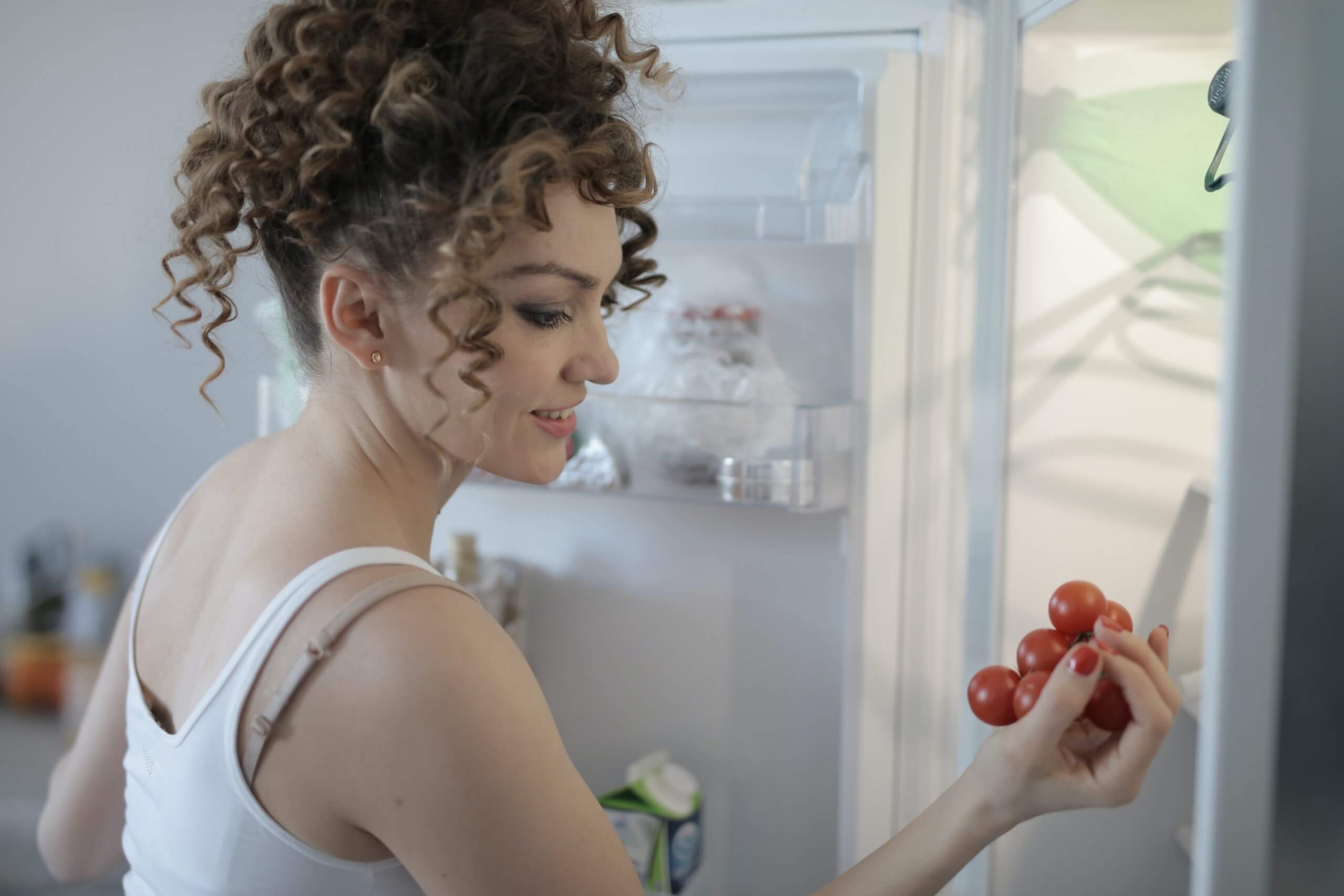Do you crave the weirdest foods all of a sudden? Or maybe you have pizza on your mind and can’t stop thinking about it? That may not be you who’s hungry. For the first time, research reveals that gut bacteria can control what we want to eat.
“We all have those urges — like if you ever you just feel like you need to eat a salad or you really need to eat meat,” says Kevin Kohl, an assistant professor in the Department of Biology at the Kenneth P. Dietrich School of Arts and Sciences in a media release. “Our work shows that animals with different compositions of gut microbes choose different kinds of diets.”
Scientists have theorized for decades that gut microbes could influence the diet, but there has been no substantial evidence. The few animal studies testing the hypothesis took place in fruit flies.
The team used 30 mice with a lack of gut microbes for the study. They gave them a cocktail of microorganisms that came from three species of wild rodents. All have very different diets. After having the cocktail, the researchers observed that mice chose food with different nutrients, suggesting the microbiome changed their usual diet.
The idea that gut microbiome can affect your behavior is not new. The gut has a relationship with the brain and is in constant communication. Specific molecules that are byproducts of digestion act as messengers that the brain detects which tells them when you are full or if you need foods with different kinds of nutrients. But gut microbes can make some of the same molecules and intercept these conversations and change the message to benefit themselves.
One messenger that can change your food behavior is found in your Thanksgiving turkey: tryptophan.
“Tryptophan is an essential amino acid that’s common in turkey but is also produced by gut microbes. When it makes its way to the brain, it’s transformed into serotonin, which is a signal that’s important for feeling satiated after a meal,” says Brian Trevelline, a postdoc in Dr. Kohl’s lab and coauthor of the study. “Eventually that gets converted into melatonin, and then you feel sleepy.”
The team also reports that mice with different microbiomes also had varying tryptophan levels in the blood even before they chose different diets. Mice with more tryptophan in the blood also had more bacteria that could make more of it in the gut.
Tryptophan is no smoking gun, but more like one piece of the puzzle. “There are likely dozens of signals that are influencing feeding behavior on a day-to-day basis. Tryptophan produced by microbes could just be one aspect of that,” explains Trevelline. Other factors that could influence food cravings is what you ate the day before, which was not explored in the study.
The study is published in the journal Proceedings of the National Academy of Sciences.
